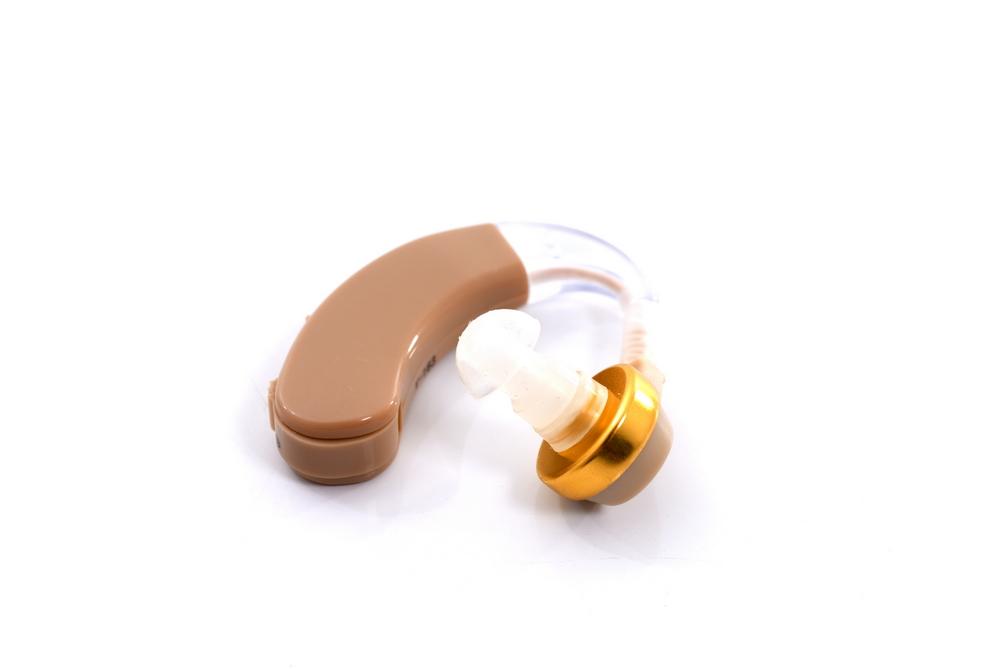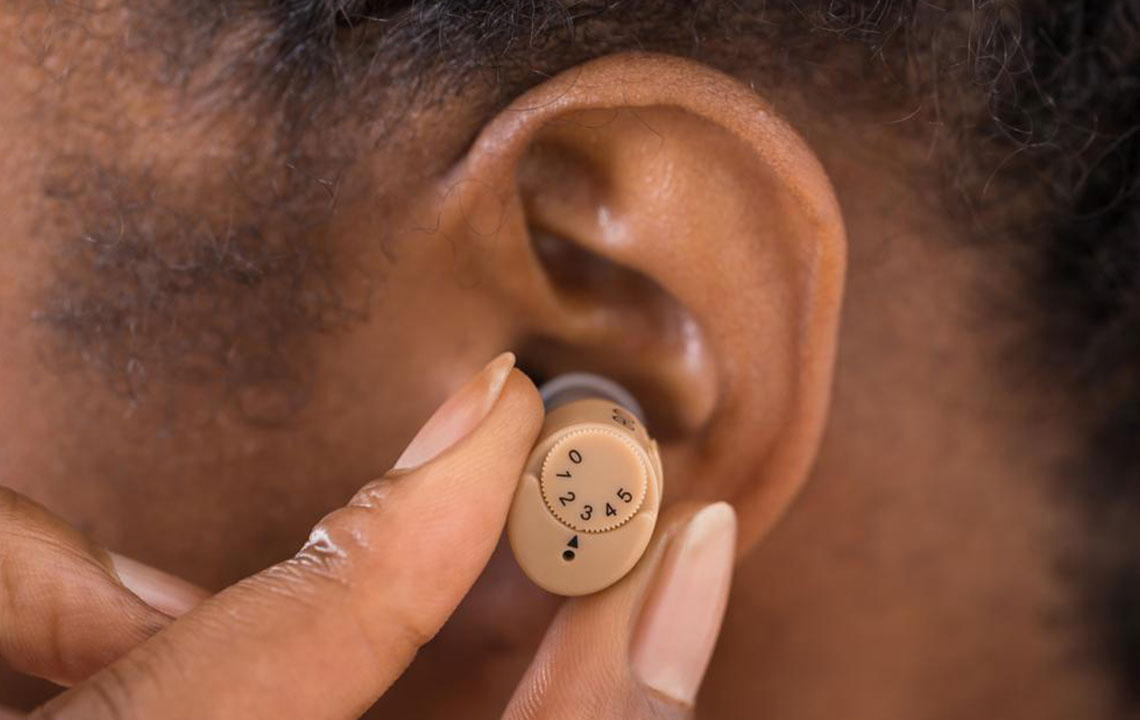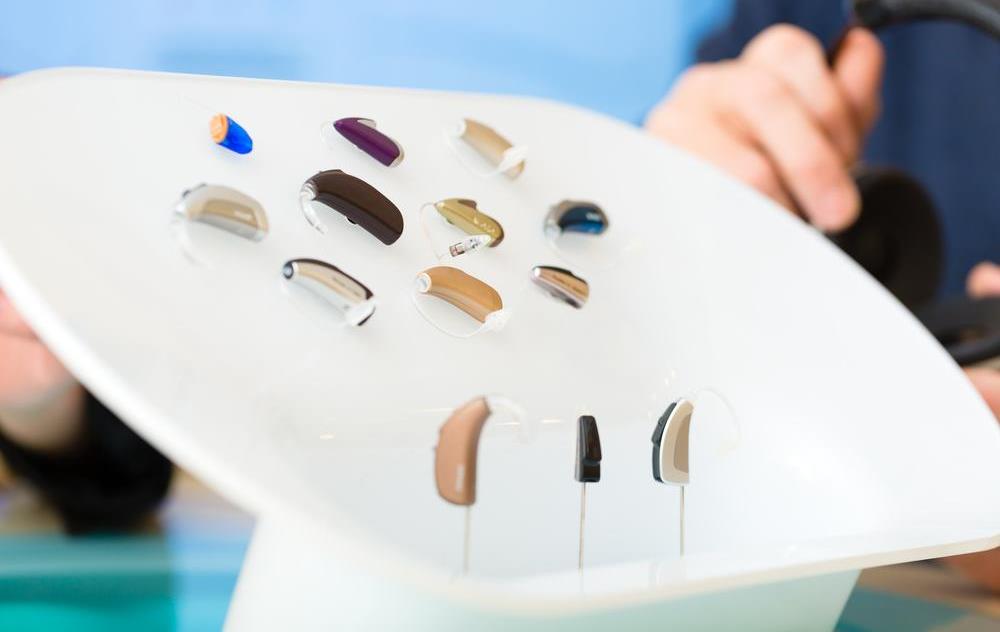Affordable Strategies for Purchasing Hearing Aids
Discover cost-effective ways to obtain hearing aids, including insurance options, shopping tips, and assistance programs. Learn how to select appropriate devices without overspending and maximize available discounts. Aimed at improving hearing health affordability for all.

Affordable Strategies for Purchasing Hearing Aids
The high cost of hearing aids often causes individuals with hearing loss to delay their purchase, sometimes postponing for years due to the steep prices. If you're hesitant because of the expense, here are practical tips to find more affordable options.
Review Your Insurance Coverage
Some federal employees, children, and residents of states like New Hampshire, Arkansas, and Rhode Island may qualify for health insurance plans that include partial or full coverage for hearing aids. Many individuals have saved money by opting for private insurance plans that cover part of the cost.
Some insurance providers partner with specific hearing aid brands or clinics, offering discounts when purchasing from approved suppliers. Additionally, if you have a flexible spending account or health savings account, you can buy hearing aids and batteries using pre-tax funds, reducing overall expenses.
Compare Prices from Multiple Retailers
Checking different outlets can help identify the best deals. Several shops offer free hearing screenings and devices starting at around $500. Online vendors also provide potential savings of up to $2000 on hearing aids. Keep in mind, however, that adjustments may require visiting a local specialist.
Always consult an audiologist or healthcare professional to assess your hearing needs and eliminate underlying medical issues. Some opt for pre-owned hearing aids to cut costs, but this carries risks of infections or compatibility issues. Reprogramming and refitting older devices can be costly and time-consuming, often comparable to purchasing new equipment.
Avoid Unnecessary High-Tech Features
Hearing aid prices vary based on features. Discuss your primary hearing challenges with an audiologist to select a suitable device—whether it’s tackling background noise or improving phone conversations. Try on several models to find one that fits comfortably. To save money, avoid additional features like Bluetooth if they aren’t essential. Basic models might suffice, providing effective assistance within your budget.
For mild to moderate hearing loss, over-the-counter personal sound amplification devices can be a cost-effective alternative.
Negotiate and Seek Discounts
Ask your provider if costs for fittings and other services can be itemized separately, allowing for clearer pricing and potential negotiations. Knowing the breakdown makes it easier to compare and advocate for better prices.
Utilize Assistance Programs
Various government agencies, nonprofit organizations, and state-funded programs may offer financial aid or discounts for hearing aids. Qualification often depends on demonstrating financial need, and if approved, these programs can significantly reduce your out-of-pocket expenses.










